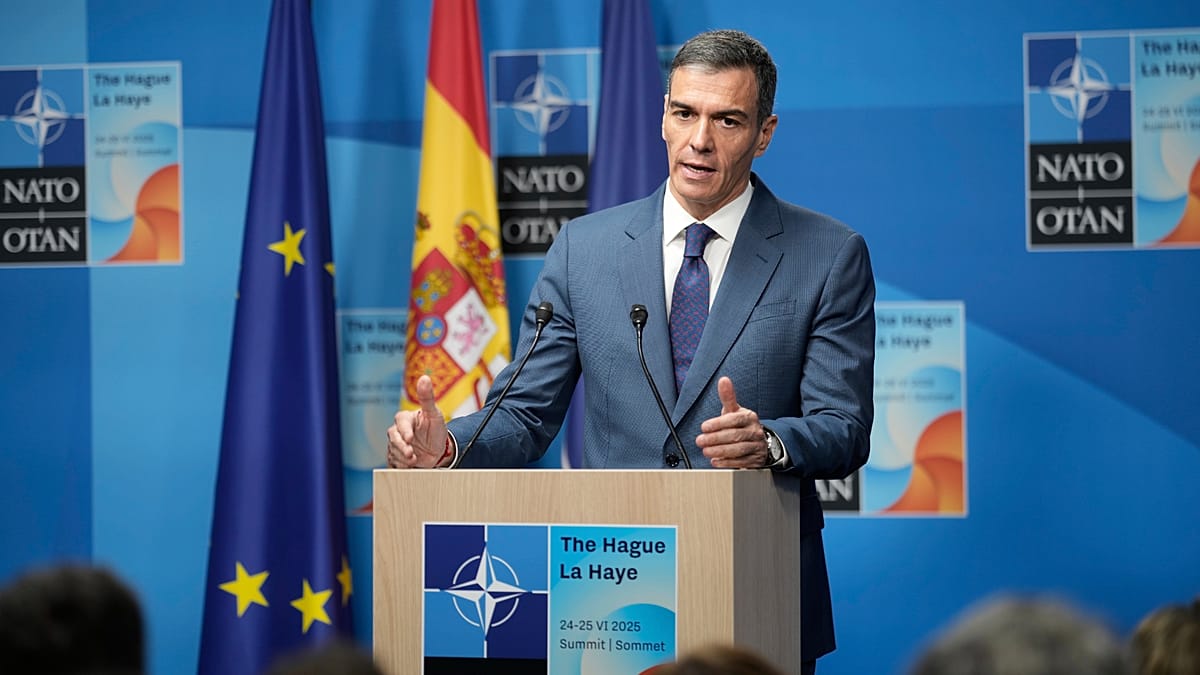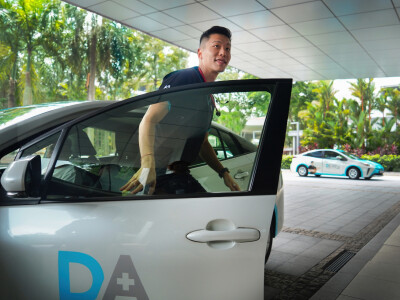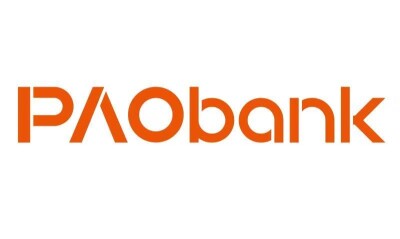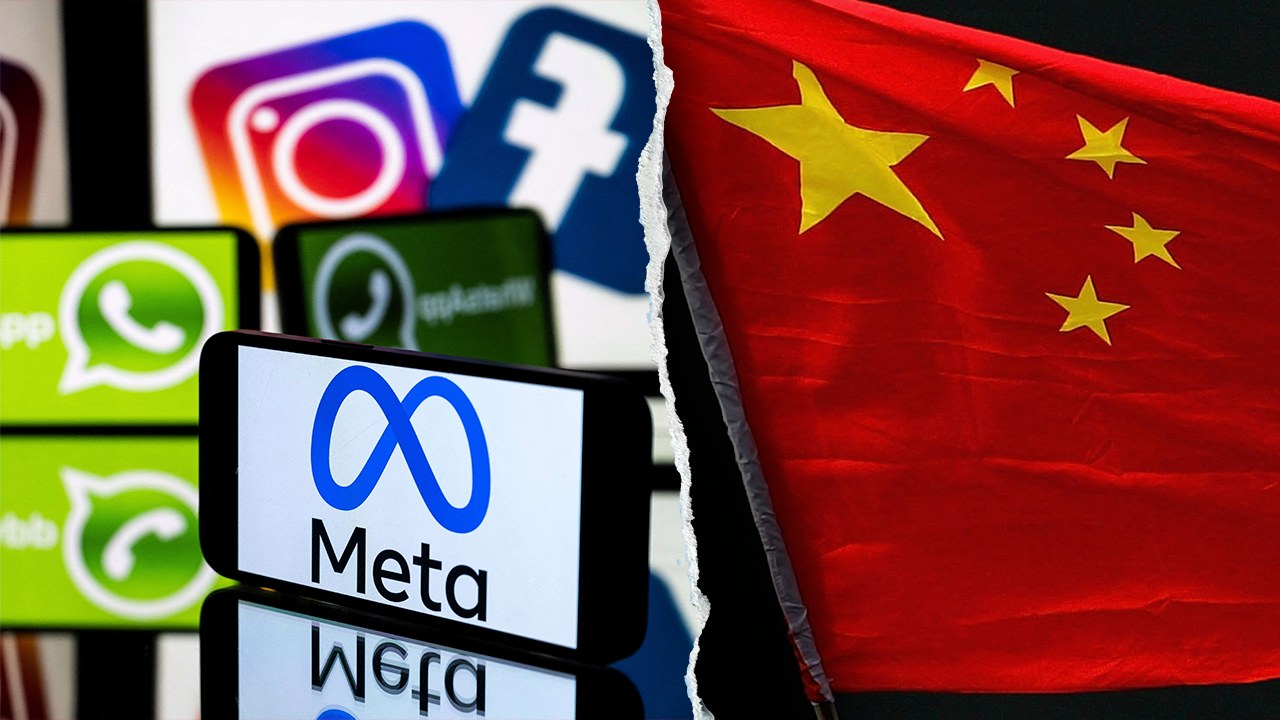Rethinking Strategy & Soft Skills: Andrea Iorio on What Great Leaders Do Differently
 Once a Chief Digital Officer at L’Oréal Brazil and Head of Tinder across Latin America, Andrea Iorio is now one of the most sought-after AI speakers in the business world.
Once a Chief Digital Officer at L’Oréal Brazil and Head of Tinder across Latin America, Andrea Iorio is now one of the most sought-after AI speakers in the business world.
Having navigated digital transformation at some of the world’s fastest-growing companies, he brings boardroom-ready insights on innovation, disruption, and human adaptability in the age of artificial intelligence.
As host of “Metanoia Lab,” a top technology podcast in Brazil, and author of multiple books, including Meta-Leadership, Andrea blends global business acumen with philosophical rigour. His unique take on leadership reframes how professionals and organisations can thrive amid AI-driven change, not just survive it.
In this exclusive interview with The Motivational Speakers Agency, Andrea explores the mindsets, skills, and cultural shifts needed to lead in an era shaped by automation, data, and accelerated digital evolution.
Q: As businesses accelerate their adoption of emerging technologies, what structural or cultural challenges most often undermine successful implementation?
Andrea Iorio: “It’s not about the fact that, you know, we are able to do business or to, you know, thrive in the workplace in the current moment, but it’s about how able we are to adapt to an ever-evolving market or marketplace.
“Well, first of all, new technologies always bring about lots of advantages to businesses, but also lots of challenges. And so, some of the main ones include, first of all, the problem related to the lack of digital literacy when it comes to the teams that adopt these technologies, right?
“So, as much as with calculators in the 80s, as much as with AI today, actually, you know, outcomes are very different through the use of technology depending on how much people who are using it are able to prompt them better, use better data, and so on.
“And so, whenever we look at the budgets going to new technologies in companies, usually 90% goes to the tech itself, and just 10% goes to training and empowering people to better use these technologies. So, the first point here is that we focus so much on rolling out the latest technologies, but we don’t focus enough on preparing people to use them.
“This brings us to a second big point, which is people’s resistance to new technologies, mainly for fear of substitution. And if teams do not really understand or grasp the potential benefits of the technology but just see that these technologies are more efficient and productive than themselves—human beings—well, they’ll, of course, resist them.
“And resistance can take many forms. Just, you know, even lack of usage is one form of resistance, right? And so, again, because people don’t understand its benefits, they don’t use them well. That’s a second big challenge.
“And a third one, maybe, we see very often: the rollout of new technologies not aligned with the company’s pain points. What I mean by that is that we often see companies adopting new technologies because it’s fashionable—because everybody talks about AI or large language models or many different tools for automation and data analysis—but we don’t see them as really focused or aligned, at least, with the core business, right?
“And so, we roll out these technologies, they’re scattered across the company, they’re just individual projects—projects that still do not really merge with the company’s pain points. So I think these are some of the biggest challenges, but definitely there are many more.”
Q: In the context of exponential technological change, which leadership mindsets or frameworks do you believe are critical for navigating uncertainty and staying competitive?
Andrea Iorio: “So, I recently published a book on this—exactly on the skill set needed in the age of AI. Specifically, my book is called Meta Leadership, and so I’ll name a few of these leadership principles or skills if we might.
“The first one I call “reperception”. Since the external world is changing at an exponential rate—which is actually faster than the one we were used to during the age of the internet and so on—because, you know, traditional computing and the internet were basically accelerated by what we call Moore’s Law, right, that said that the capacity of processing of semiconductors would double every two years.
“Well, today, we live in what is oftentimes called Huang’s Law, based on Jensen Huang, Nvidia CEO, which is about three times faster than Moore’s Law. Why? Because of accelerated computing based on GPUs.
“So, reperception is basically a leadership principle that speaks about the ability of leaders to update their vision of their business, their market, and eventually the world in the face of external changes. Right, so perception traditionally is the ability to, you know, basically see new things, see novelty, and, you know, make decisions based on them. But the truth is that we need reperception. Why? Because we need also to give up on our past vision of the world. Why? Because it changes so fast.
“A second principle is what I call “data sensemaking”. Data sensemaking is the ability of leaders to actually not only have analytical skills and have the highest IQ to crunch data and, you know, be very, very efficient at data analysis, but it’s about the ability to use AI tools to do that and eventually to migrate on a focus to picking the right KPIs and letting AI crunch the data.
“What does it mean—to pick the right KPIs? Eventually, when we think about leaders in organisations, we all look at the traditional KPIs: growth month-to-month, year-on-year. We look at, you know, sales and EBITDA. But if we all look at the same KPIs right, we don’t have a very different vision of business compared to our competition.
“If we pick new KPIs—namely, I don’t know, the correlations between some of them—well, that’s where we can have extremely novel insights and again get a competitive advantage when it comes to decision-making with respect to the competition.
“The third leadership principle that is very important is trust. Stats, first of all, show that most employees at organisations do not trust, or would not trust, an AI leader, right? And this actually is logical. Why? Because humans are the only ones able to establish trust. This is one of the few things that AI and new technologies cannot substitute and that people miss out on at the workplace.
“Because, you know, we don’t trust AI because of a number of issues—explainability problems, namely, we don’t know exactly how their algorithms work. We don’t exactly know the data set, so we might fear they are biased, and so on.
“Well, instead of human beings, we can establish trust through a number of factors: vulnerability, reciprocation, and a number of other very specific human mechanisms. And so I think trust is another leadership principle that cannot really be substituted, and that’s essential to thrive in the digital age.”
Q: From your perspective, how does digital transformation manifest differently across B2C and B2B industries—and where do you see the greatest untapped potential?
Andrea Iorio: “Digital transformation, of course, is a term used for many technologies and the impact that they have on businesses of all sorts. But we have, again, to differentiate some of their impact.
“And so the first thing that we have to notice is that the adoption of new technologies and digital transformation—including AI technologies—usually starts in B2C sectors. And why B2C sectors? Because they are the ones that are closest to the end consumer. Usually, change in the demand for new technologies, new experiences, and new products and services always starts with the end consumer.
“And so, for example, sectors like retail, banking, or financial services again are sectors that usually start off in the adoption of new technologies earlier on than B2B sectors, such as—I don’t know—mining, pharma, and so on.
“But look at how interesting—the big impact of digital transformation exactly lies in B2B sectors. And why? Because that’s where the biggest opportunity lies. Again, being consumer-facing, you are more reactive to change and therefore, you have a greater sense of urgency to reinvent your business through technology and digital transformation.
“But then, when most of your competitors are doing the same, well, your differentiator becomes—I don’t know—the experience that you provide, and so on. It’s not only the digital transformation.
“Now, in B2B sectors, that’s where digital transformation—the early adopters of digital transformation—gain the most competitive advantage. And so there’s a great Deloitte report from their team in Australia that is called Short Fuse, Big Bang.
“Actually—actually, it was Long Fuse, Big Bang. Namely, B2B sectors take longer to accelerate their digital transformation, but the bang—that, eventually, the explosion of it, the impact of it in their industry and sector—is usually bigger than in B2C sectors.”
This exclusive interview with Andrea Iorio was conducted by Mark Matthews of The Motivational Speakers Agency.
The post Rethinking Strategy & Soft Skills: Andrea Iorio on What Great Leaders Do Differently appeared first on European Business & Finance Magazine.















































